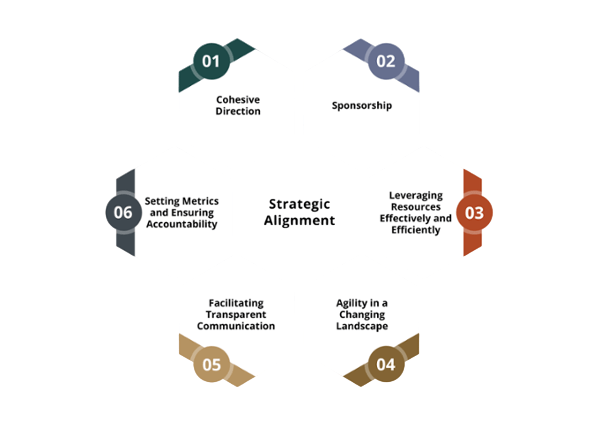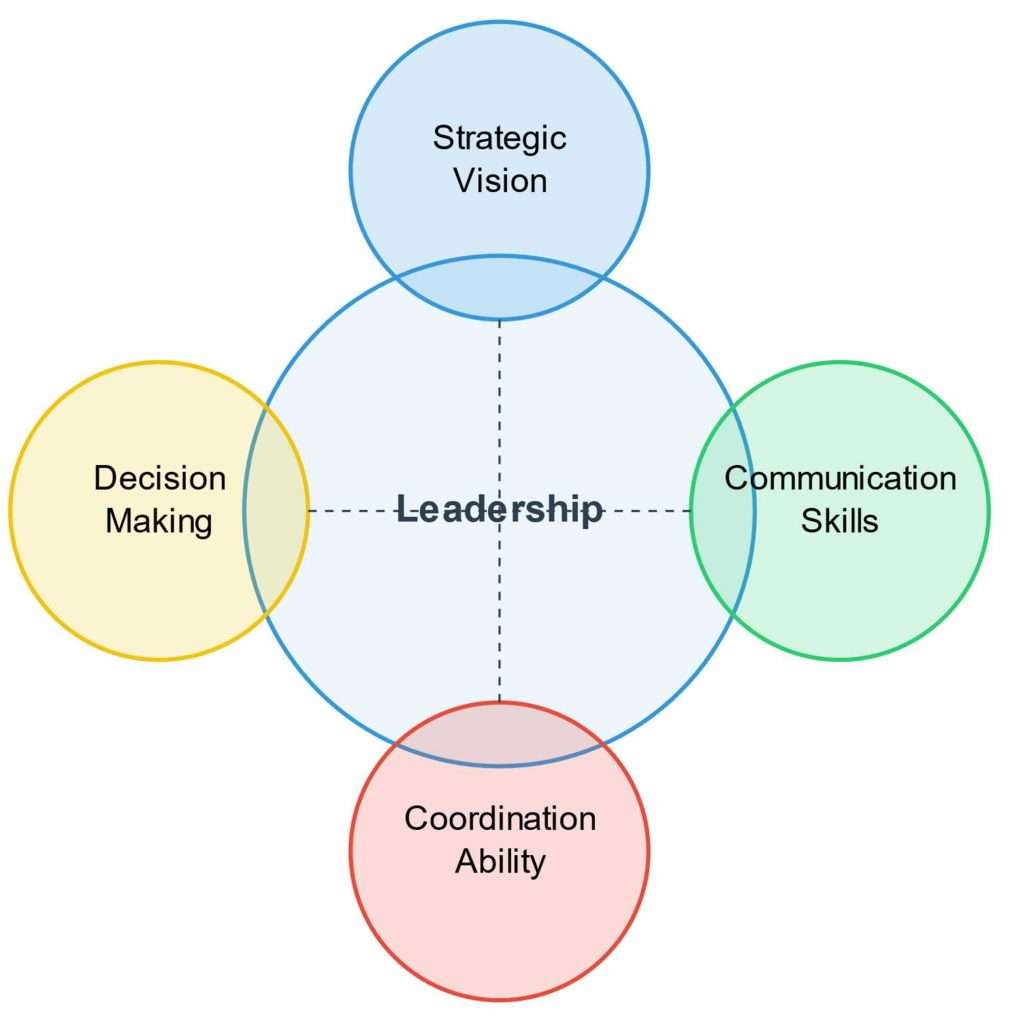
- Overview of the Role
- Core Responsibilities and Day-to-Day Duties
- Team Leadership and Mentoring
- Strategic Planning and Business Alignment
- Tools, Software, and Analytical Platforms
- Cross-Departmental Communication
- Advanced Documentation and Reporting
- High-Level Requirement Gathering
- Salary and Job Growth Prospects
- Role in Digital Transformation Projects
- Conclusion
Overview of the Role
The Business Analyst Manager plays a crucial leadership role in organizations by bridging the gap between business needs and technological solutions. This position involves overseeing a team of business analysts, managing high-level stakeholder relationships, and aligning business objectives with IT strategies. The role demands a deep understanding of business processes, advanced analytical skills, Cross-Departmental Communication and the ability to drive strategic initiatives. A Business Analyst Manager ensures that the projects undertaken are in line with business goals and deliver value across departments. In today’s competitive business environment, they help organizations maintain agility and responsiveness through data-driven decision-making. Business Analyst Job Description Managers must possess both business acumen and technical knowledge to facilitate cross-functional collaboration and deliver impactful solutions. They serve as trusted advisors to senior leadership, guiding the enterprise in implementing technologies that optimize performance. They are also responsible for the Digital Transformation Projects change management and ensuring alignment between organizational vision and the evolving market landscape.
Are You Interested in Learning More About Web Developer Certification? Sign Up For Our Business Analyst Online Training Today!
Core Responsibilities and Day-to-Day Duties
- Daily responsibilities include supervising a team of business analysts, setting business goals, and ensuring that business requirements are accurately captured and translated into technical specifications.
- The manager must prioritize tasks, oversee the preparation of business cases, and guide the analysis of business needs.
- Monitoring progress, resolving escalated issues, and reporting updates to executive leadership are part of the routine.
- Additionally, they review documentation, ensure compliance with standards, and manage resource allocation for multiple projects.
- They also facilitate cross-departmental collaboration by organizing workshops, requirement-gathering sessions, and sprint planning meetings.
- A business analyst manager regularly checks alignment between technical development teams and business stakeholders to ensure clarity and focus.
- Time and budget management, along with regulatory compliance, are integral parts of their day-to-day responsibilities.
Team Leadership and Mentoring
A significant portion of the Business Analyst Manager’s role is focused on mentoring and developing the skills of their team. This includes conducting regular one-on-ones, performance appraisals, and training sessions. They provide guidance on analytical techniques, stakeholder communication, and documentation standards. Encouraging collaboration, promoting best practices, and fostering a culture of continuous improvement are key aspects of effective leadership in this role. They also help junior analysts build career paths by assigning appropriate projects, ensuring skill development, and exposing them to diverse business scenarios. By creating a supportive and transparent environment, Business Analyst Managers contribute to both individual and team success.
Strategic Planning and Business Alignment
- Business Analyst Managers contribute to strategic planning by understanding long-term business goals and aligning projects accordingly.
- They collaborate with senior management to identify business opportunities and assess project feasibility.
- Through strategic roadmaps and prioritization frameworks, they help ensure that business analysis activities support the overall vision and objectives of the organization.
- Their insights influence decision-making, resource allocation, and investment in IT initiatives.
- They play a critical role in project portfolio management, evaluating ROI and risk across proposed initiatives.
- By ensuring that business needs and IT capabilities are synchronized, they contribute to sustainable innovation and enterprise agility.

Tools, Software, and Analytical Platforms
Proficiency in various tools and platforms is essential. Commonly used tools include Microsoft Visio for process modeling, JIRA and Confluence for agile project management, and Microsoft Excel and Power BI for data analysis. Enterprise-level software like SAP, Oracle, and Salesforce may also be utilized. Familiarity with requirements management tools (e.g., IBM DOORS, Jama Connect) and wireframing tools (e.g., Balsamiq, Axure) adds further value. A good Business Analyst Job Description ensures that the team is equipped with and trained on the most effective tools. Data visualization, dashboard creation, and automated reporting tools enable managers to communicate insights more effectively. Additionally, knowledge of data warehousing, APIs, and systems integration helps bridge the gap between business vision and IT execution.
Are You Preparing for Business Analyst Jobs? Check Out ACTE’s Business Analyst Interview Questions & Answers to Boost Your Preparation!
Cross-Departmental Communication
- Effective communication across departments is vital. The Business Analyst Manager acts as a liaison between departments such as IT, finance, marketing, visualization and operations.
- They facilitate workshops, manage expectations, and ensure that different teams work toward a unified business goal.
- Good communication fosters transparency, reduces conflicts, and helps maintain stakeholder trust.
- Documentation of communication processes and meeting outcomes further ensures consistency.
- They are often responsible for crafting executive summaries, organizing town halls, and managing escalations.
- A skilled manager listens actively and tailors messaging to different audiences, from developers to C-suite executives is a Cross-Departmental Communication.
- Gathering requirements at the managerial level involves interacting with senior stakeholders and executives to understand strategic needs.
- The manager facilitates interviews, brainstorming sessions, and requirement workshops to elicit detailed and high-impact business requirements.
- Techniques like SWOT analysis, PESTLE analysis, and stakeholder mapping are employed to gain comprehensive insights.
- These activities ensure that business and technical teams are aligned from the start. Prioritizing requirements based on value, feasibility, and urgency is essential.
- Business Analyst Managers often apply frameworks like MoSCoW (Must have, Should have, Could have, Won’t have) or Weighted Scoring Models to evaluate competing demands and optimize value delivery.
- In the age of digital transformation projects, Business Analyst Managers play a pivotal role in re-engineering legacy systems, adopting new technologies, and streamlining business processes.
- They evaluate the feasibility of new tech solutions like AI, machine learning, and blockchain, and ensure these align with business strategies.
- By fostering innovation and leading change management efforts, they help organizations stay competitive and adaptive in a rapidly evolving marketplace.
- They are instrumental in agile transformations, DevOps adoption, and cloud migrations.
- Their role often includes vendor assessment, KPI alignment, and value realization tracking.
- These activities ensure digital initiatives deliver measurable impact.

Advanced Documentation and Reporting
Documentation is not just a formality; it is a strategic tool for managing complex business needs. Business Analyst Managers oversee the creation and maintenance of business requirements documents (BRDs), functional specifications, use cases, and user stories. They also generate reports on project status, risk analysis, and key performance indicators (KPIs). These documents support informed decision-making and ensure project traceability and accountability. Documentation also serves as a communication tool across departments and timeframes. Effective version control, audit trails, visualization and collaboration features in tools like Confluence or SharePoint are critical. Managers may implement templates and checklists to ensure consistency and completeness.
Are You Considering Pursuing a Master’s Degree in Business Analyst? Enroll For Business Analyst Masters Program Training course Today!
High-Level Requirement Gathering
Salary and Job Growth Prospects
Business Analyst Managers enjoy competitive salaries due to their strategic importance. Salaries vary based on geography, industry, and experience but typically range from INR 18 to 35 LPA in India and USD 100,000 to 160,000 annually in the US. The demand for experienced managers is growing, driven by digital transformation and the increasing reliance on data-driven decision-making. Opportunities for advancement include roles such as Director of Business Analysis, VP of Strategy, Business Analyst Job Description or Chief Operating Officer. Professional certifications such as CBAP (Certified Business Analysis Professional), PMP (Project Management Professional), and Six Sigma can enhance credibility and marketability. Managers may also explore domain specializations such as fintech, healthcare, or retail analytics.
Role in Digital Transformation Projects
Conclusion
The role of a Business Analyst Manager is both complex and rewarding. It combines leadership, strategy, communication, Cross-Departmental Communication and analytical thinking. From managing teams and overseeing technical documentation to engaging stakeholders and driving digital transformation, the responsibilities are vast and critical. With the right mix of skills and experience, a Business Analyst Manager can significantly impact organizational success and play a leading role in shaping its future. Digital Transformation Projects Their influence extends beyond individual projects to shaping culture, driving innovation, and aligning business practices with the evolving needs of the market. As businesses increasingly rely on data and technology, the Business Analyst Job Description role will continue to grow in relevance, offering a fulfilling and impactful career path.




